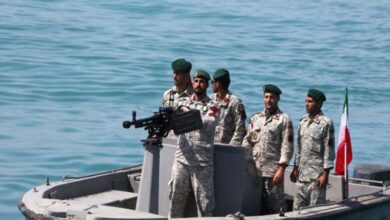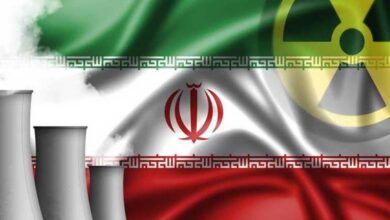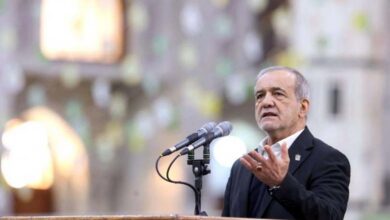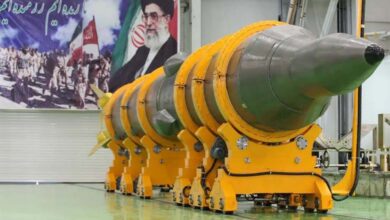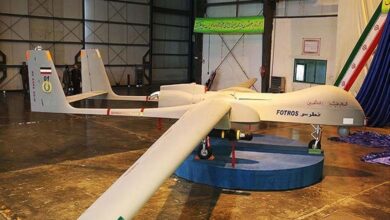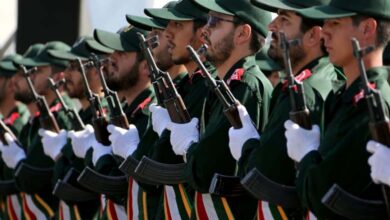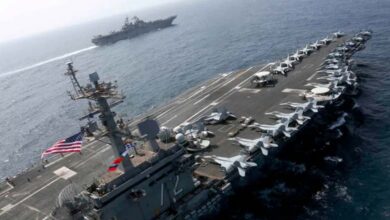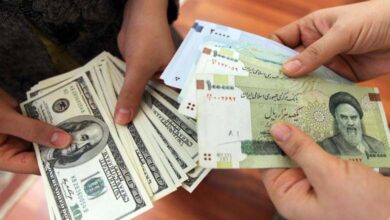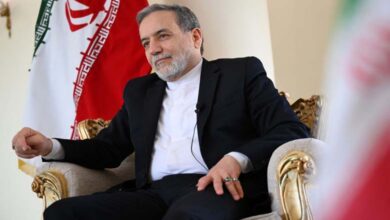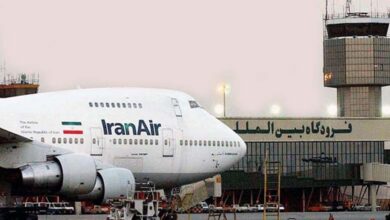Analysts reveal details of Libyan crisis and its economic and political impact on the people
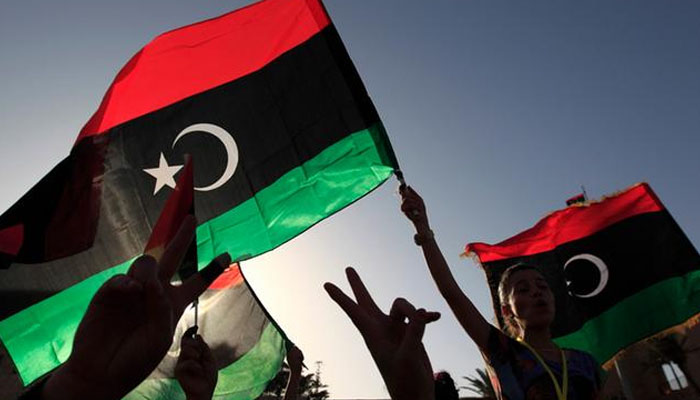
The political situation in Libya continues to worsen dramatically, amid fears of a growing conflict between the conflicting parties in Tripoli, where the militia of the deposed Prime Minister Dbeibeh continues to gather in the Libyan capital Tripoli to block Bashagha’s arrival to run the government.
What’s going on?
According to a report by Vision, forces loyal to deposed Prime Minister Abdul Hamid Dbeibeh have repositioned themselves around Tripoli airport to repel any attack by forces loyal to Fathi Bashagha, the prime minister-designate.
The country, especially the Libyan West, is witnessing military build-up in support of one of the two governments competing for power. Meanwhile, the agreement between the House of Representatives and the State on a constitutional basis to organize the presidential and legislative elections, which has been postponed since last year, resulted in the House of Representatives, Fathi Bashagha, being tasked with forming a government, which was later granted confidence. However, it was unable to take over its duties and enter the capital of the country because of the refusal of the national unity government headed by Abdul Hamid Dbeibeh to hand over power until after the elections.
International effort
On the international efforts to resolve the Libyan crisis, the Acting Head of the UN Mission in Libya, Raisedon Zenenga, affirmed the strong support of the UN for the efforts made by the Presidents of the High Council of State and the House of Representatives to maintain the ongoing dialog between them, stressing at the same time the need to complete a constitutional framework for the elections as soon as possible.
The UN official made the remarks during a meeting with Head of the Libyan High Council of State Khalid al-Mishri and his deputy, where they discussed efforts to resolve the ongoing political stalemate and the growing security tensions.
During the meeting, according to a tweet from the UN mission, Zenica stressed the importance for all parties to maintain calm and defuse the current tensions.
Causes of conflict
Dr. Mohamed Zubaidi, a Libyan political analyst, says: “The Libyan arena is currently experiencing serious tension regarding the issue of the handover of power by Abdel Hamid Dbeibeh to the House-backed government headed by Fathi Bashagha, which has led to a conflict that has lasted nearly six months so far without any solutions to this crisis.”
The Libyan political analyst added that the aggravation of the conflict between the two parties has led to major political and economic crises in Libya, especially in light of this crisis, the security situation in the Libyan street is now extremely tense, and these tensions that exist in many Libyan regions indicate that there may be bloody events in the coming days.
Crisis exit
Ali Tarfaya, a writer on Libyan affairs, said: It is imperative that the parties and the relevant parties overcome wisdom and the voice of reason and try to reach compromises to spare the Libyans the conflict and the blood that they have suffered for more than 11 years now, especially since the aggravation of that crisis has severely affected the economic, social and political conditions of the Libyan people.
He added that the way out of the Libyan crisis and the political impasse is the holding of free and fair elections in which the Libyan people express their will, and the implementation of these elections according to the circumstances currently available, and requires a major challenge and international support in support of the High Electoral Commission.


